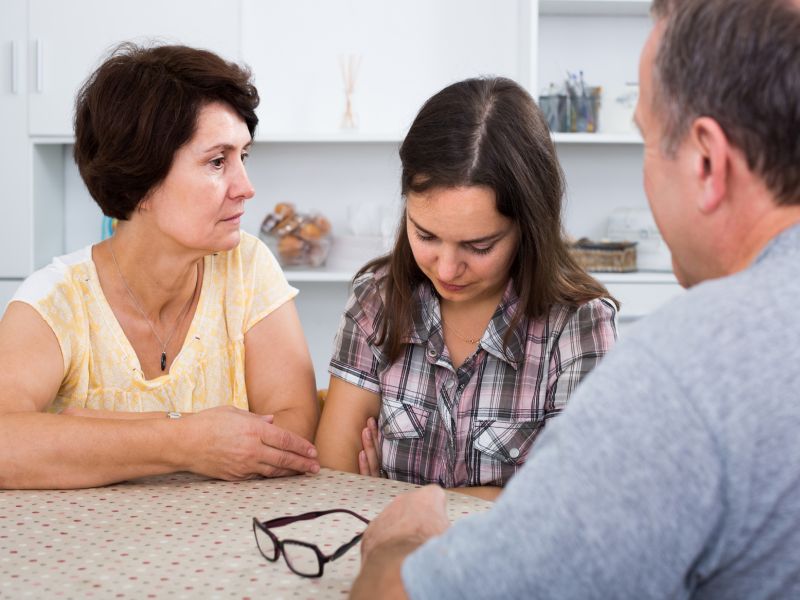
Hearing a cancer diagnosis is a life-altering and emotional time. A million thoughts race through your mind about treatments, life, death, your family, your friends, your job, and more. Although nothing can completely eliminate the stress of dealing with a cancer diagnosis and treatment, the tips given in this article will help to ease the process.
When dealing with cancer, there may be times when it is necessary to advocate for yourself. Some individuals still have outdated views on cancer and will assume that the disease renders you useless and will question your ability to carry out even simple tasks, or they may fear that you could infect them. Prepare yourself in advance for questions of this nature. Decide how you’ll respond if someone says something ignorant or offensive, and address concerns as they come up. It can help how you are treated by others during your treatment.
When you quit smoking, you reduce your risk of emphysema and lung cancer, and you also reduce the risk for colon cancer. The smoke you breathe in causes carcinogens to build up in the colon. The tobacco can make the colon polyps bigger, too. All of these concerns add up to serious reasons to put aside those cigarettes for good.
Soda and sugar-added juices can increase your risk of developing cancer, so cut them out of your diet! The carbohydrates and calories in the soda causes weight gain, that ultimately invites the cancer to spread to new places in your body.
A diagnosis of cancer can mean that you need to accept certain facts. Being prepared will bring extra strength to your fight.
You’ll have to develop an intimate relationship of sorts with people you’d rather not get to know: medical personnel who are helping treat your cancer. Examples include chemo technicians, oncology nurses, oncologists and anyone else who can relate to your experience and provide support. This battle is not one you can win solo, so open your arms and heart to those who can help you.
Make sure that you communicate with others. If you find yourself feeling cut off or not adequately supported by family members or friends, don’t be afraid to politely broach the subject with them. Let your loved ones know exactly what support you’re asking for, and how they specifically can help. Be cautious, however. This is one of the hardest times of your life. Make requests from a place of love, though. Don’t have any regrets!
Don’t be scared to take cancer on. Remember what you are fighting for and do not make any concessions to the disease.
Participating in treatments that help you battle cancer is the best thing that you can do, as opposed to just sitting and waiting for physicians to treat you. Be constantly aware of your situation and always ask questions. This will not help your condition improve.
It’s important to know what kinds of symptoms cancer can show. If you are able to identify when you could be at risk, you can read these signs and symptoms much better.
If you are suffering from nausea as a result of your treatments, try eliminating coffee from your current diet. Caffeine can make these problems worse, so it’s best to avoid it. You should also get rid of caffeine from other sources, including tea, soft drinks, and chocolate.
Whether you have recently been diagnosed with cancer or you have had it for awhile, you may want to join a cancer support group. You can talk to other sufferers about how you can physically and mentally cope with this disease. Family members are often welcome to the group as well.
If you have a family member suffering from cancer, make it a point not to let their disease become a factor in how you treat them. Cancer patients need to know that you care, and feel positive vibes from you for the sake of their recovery. Negative vibes can make them feel feel bad or guilty.
Before you begin treatment, ask questions so that you fully understand the physical changes you will undergo. You will make the changes easier if you are prepared. If you will be experiencing hair loss, talk with other patients to get recommendations about makeup and wigs so that you will be prepared when the time comes.
Don’t go out in direct sunlight unprotected during late morning and early afternoon. If your skin is sensitive to the sun, try to remain inside during this period to help cut down the risk of damage to your skin.
Be sure to set aside some time for enjoyment. A diagnosis of cancer doesn’t have to overhaul your life. Continue to find time for things that bring you enjoyment, such as the cinema, reading a great book, or heading out to a football game. Naturally, you might need to be more careful about pacing yourself to avoid overdoing it, but you may be surprised at how much you can still do with some planning.
Regardless of whether you are ill, life continues. Continue your normal activities for as long as you can physically handle it. If you find joy in something, do not let your cancer keep you away from it. If you keep fun activities in your life, your mindset will be more positive and you will have a better chance of fighting the cancer.
As you have read, there are many things you can do to reduce the stress of your cancer diagnosis and its treatment. Even though no miraculous cure-all exists for cancer, there are many steps that can be taken to ease the process of dealing with it. By utilizing the tips given in this article and taking one day at a time, you will be in a mindset to successfully beat your cancer.